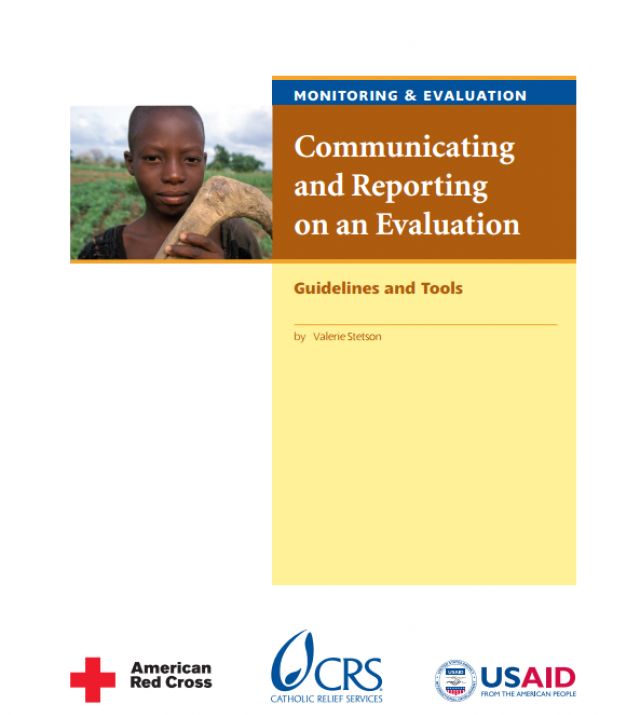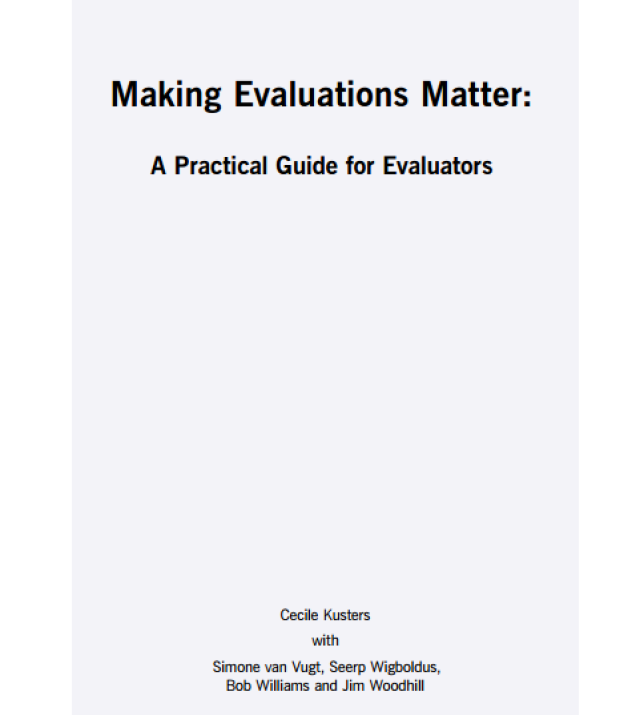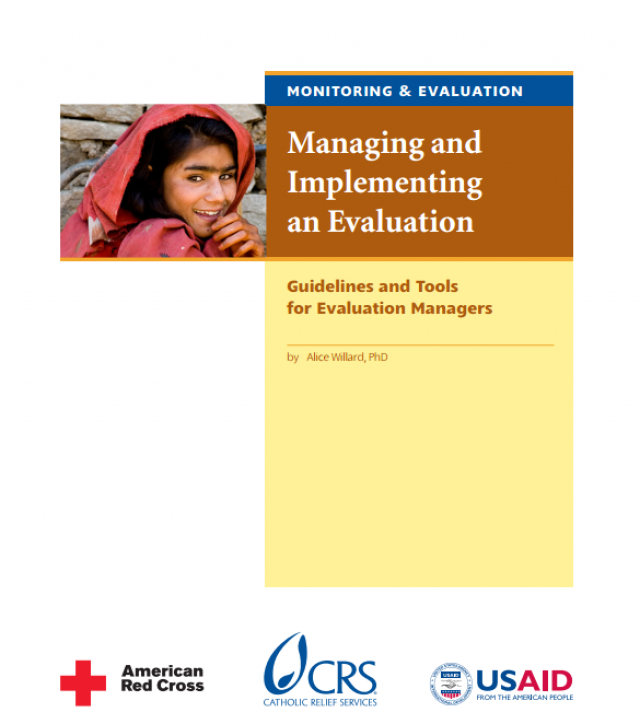
DAC Quality Standards for Development Evaluation

A quality evaluation should provide credible and useful evidence to strengthen accountability for development results or contribute to learning processes, or both. These Standards aim to improve quality and ultimately to reinforce the contribution of evaluation to improving development outcomes.
New aid modalities, consensus on shared development goals and the commitments made in the Paris Declaration on Aid Effectiveness (2005) and the Accra Agenda for Action (2008) are changing the way development partners address global challenges. In this evolving development context, evaluation has an important role in informing policy decisions and helping to hold all development partners mutually accountable for development results. The way development evaluation is carried out must also reflect this new context, becoming more harmonised, better aligned and increasingly country-led, to meet the evaluation needs of all partners.
The Development Assistance Committee (DAC) Quality Standards for Development Evaluation reflect this evolving framework and provide a guide to good practice in development evaluation. Built through international consensus, the Standards are intended to serve as an incentive and inspiration to improve evaluation practice.
The DAC Quality Standards for Development Evaluation identify the key pillars needed for a quality development evaluation process and product. They are intended for use by evaluation managers and practitioners. The Standards are not mandatory, but provide a guide to good practice. They were developed primarily for use by DAC members, but broader use by all other development partners is welcome.

